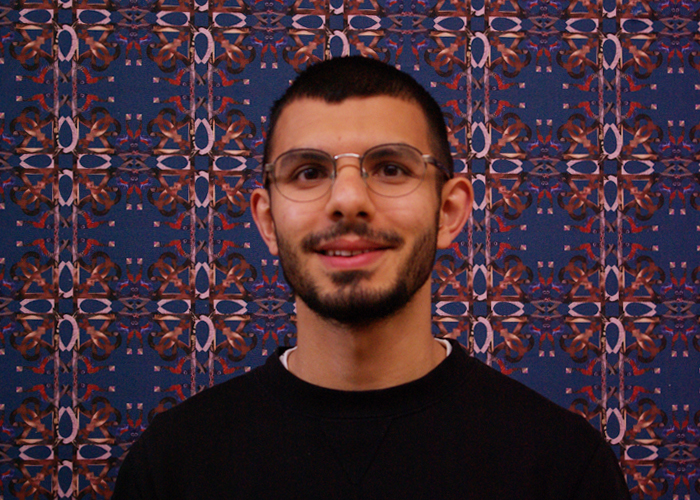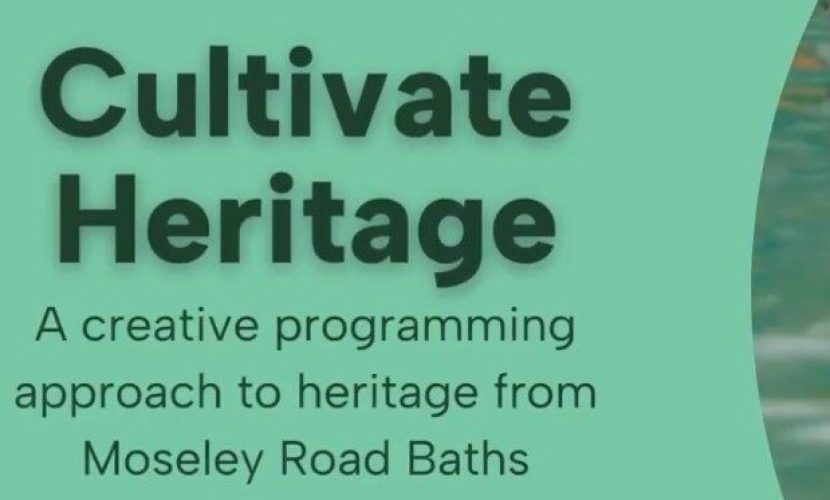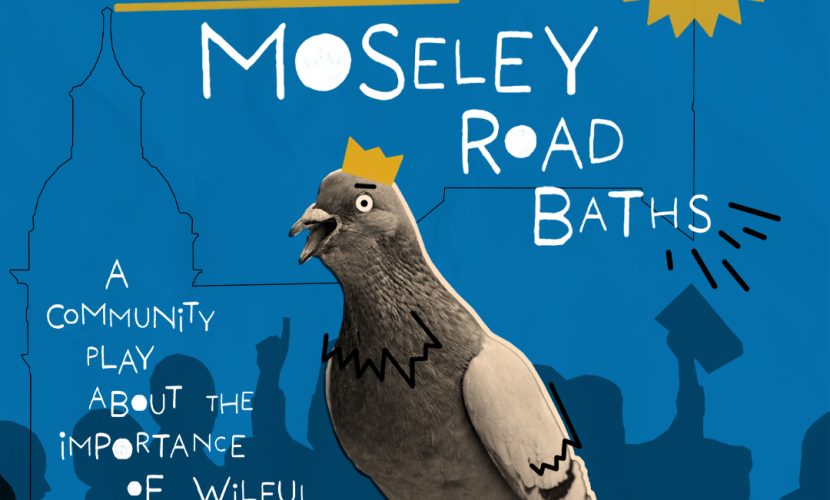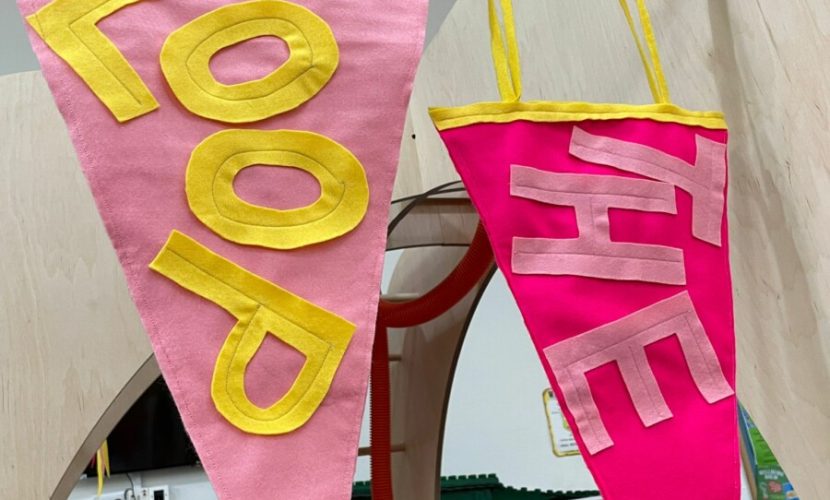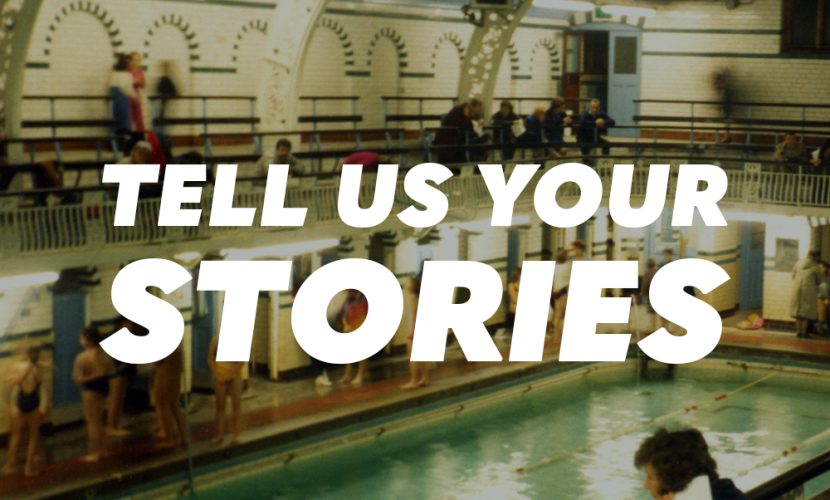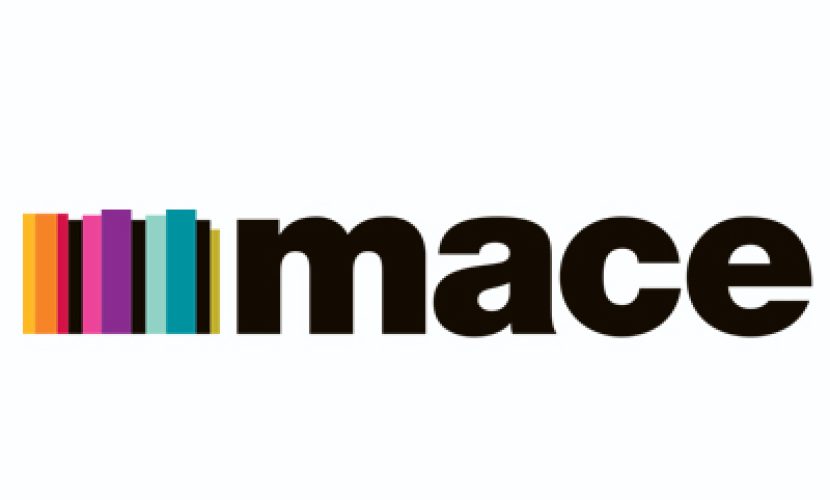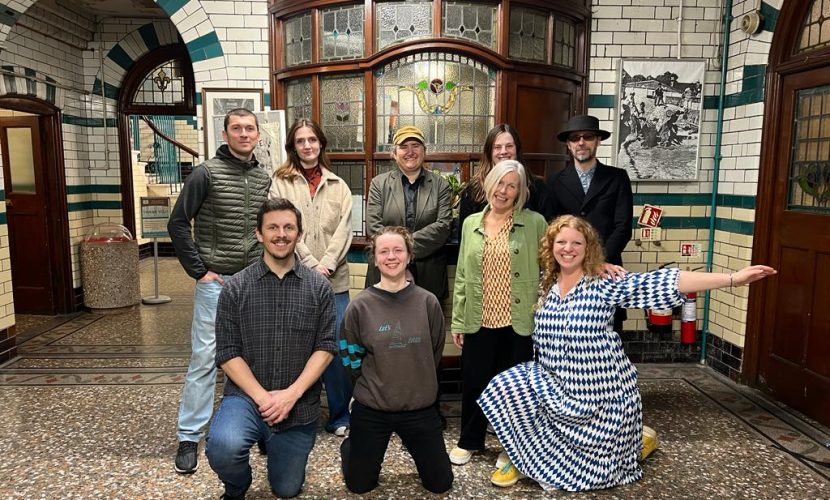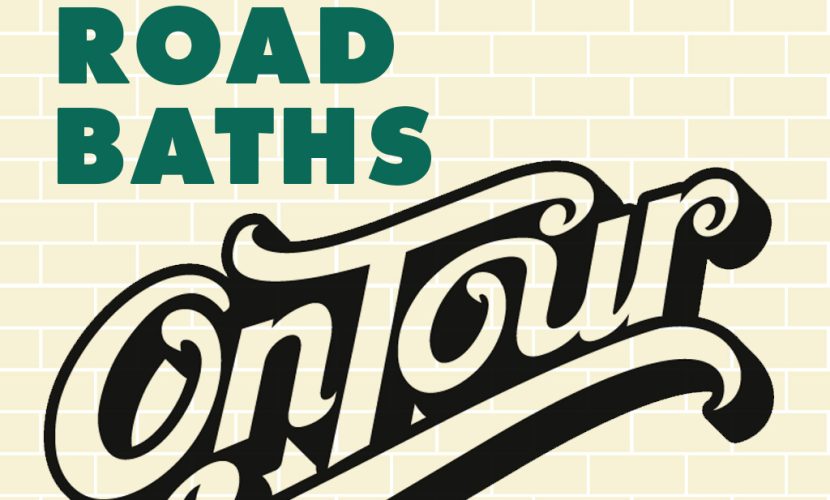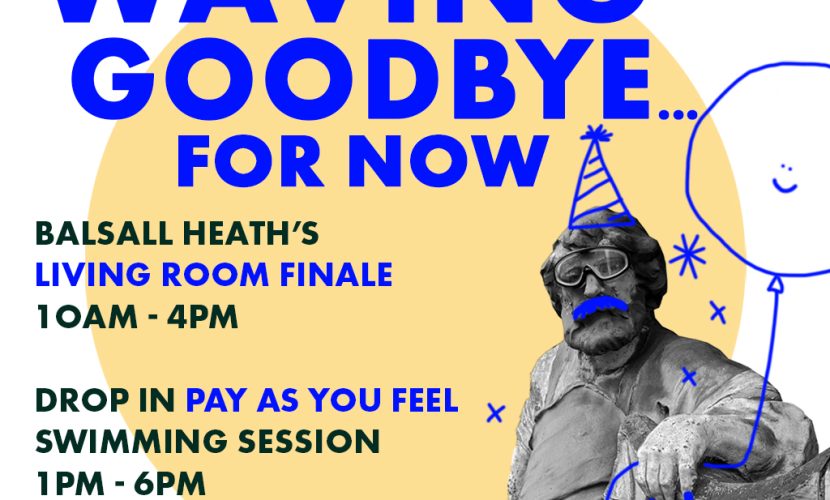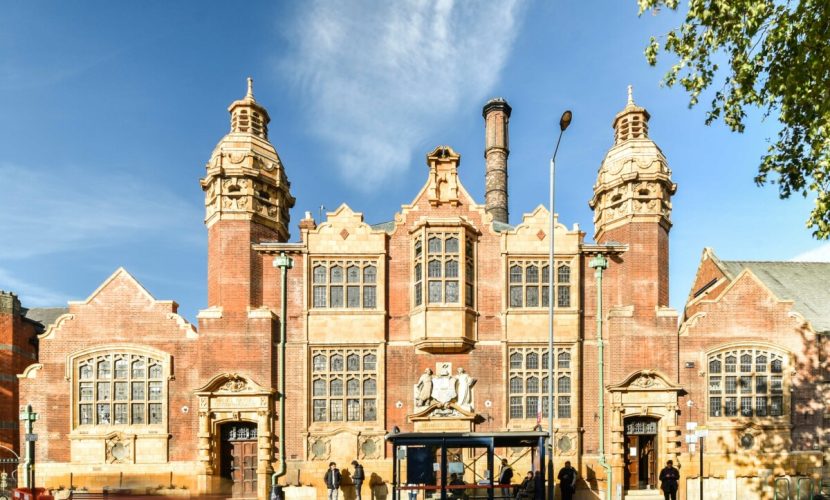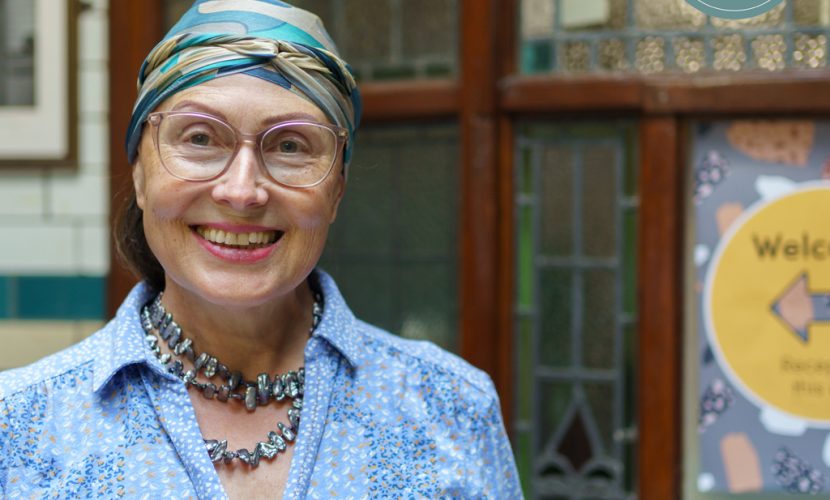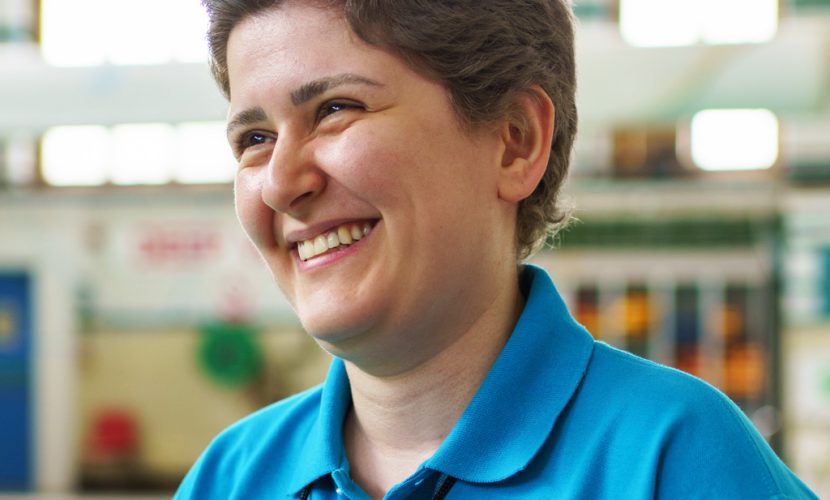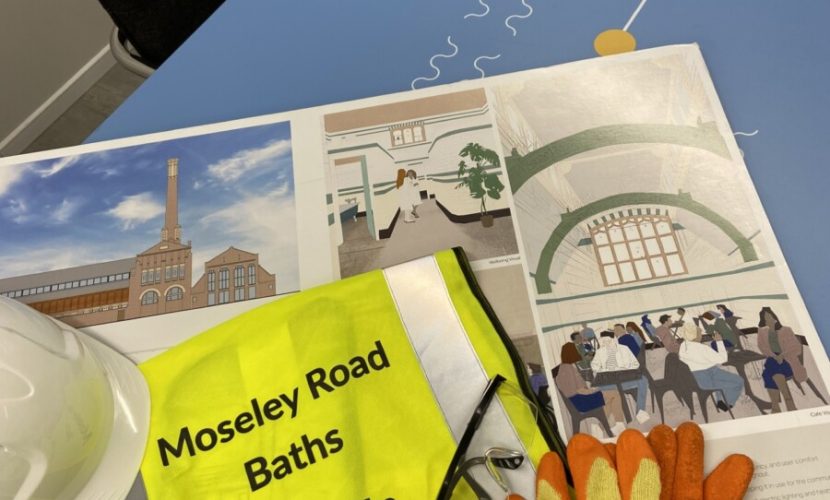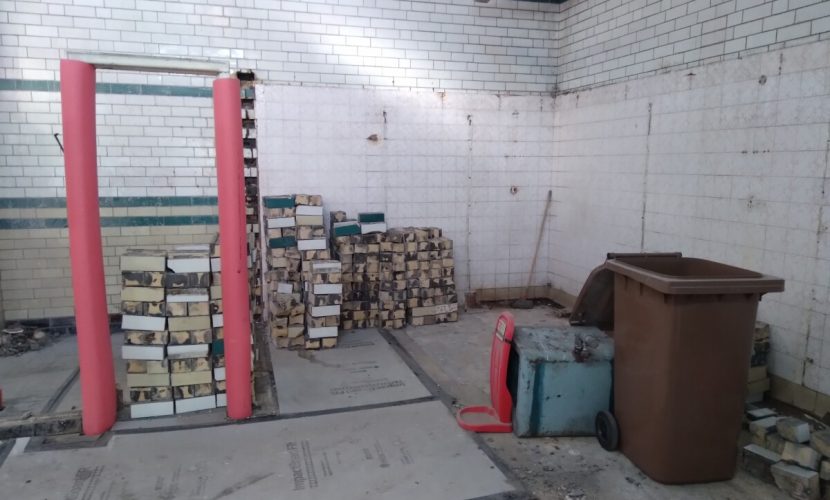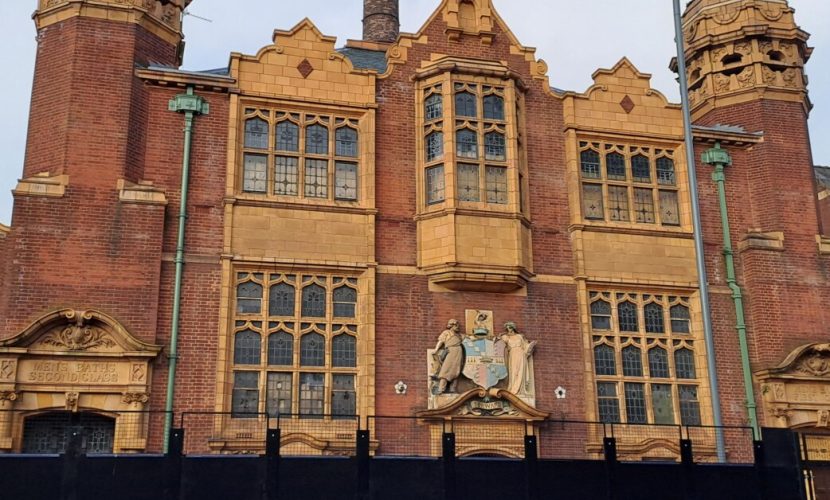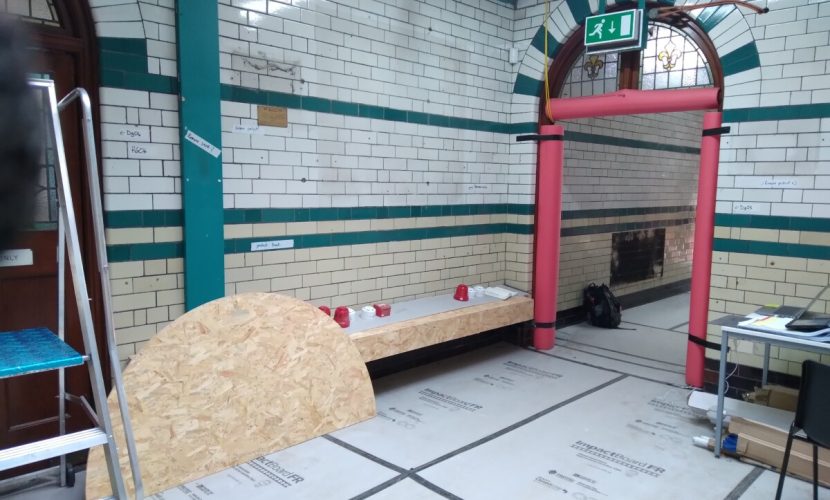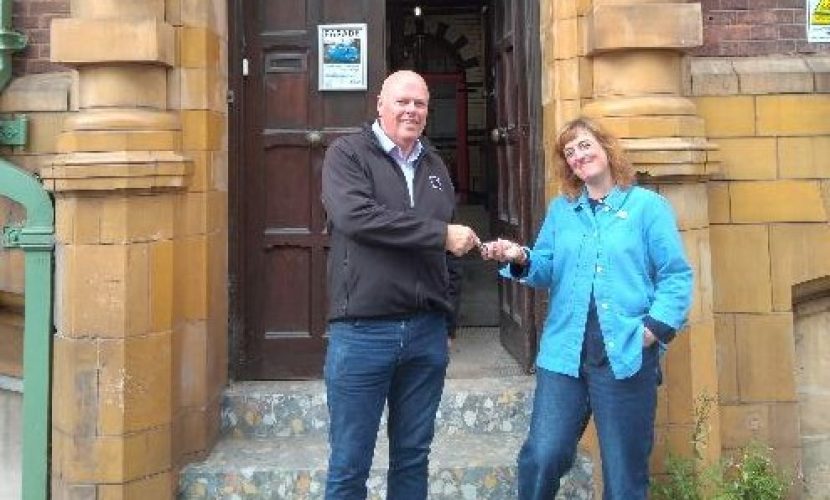In 2023, six fantastic early-career creatives took part in a paid development programme and brought a fresh perspective to the heritage of Moseley Road Bath’s with a brand-new digital experience
The final outcome of the project was an innovative podcast called Bathcasts. In each episode, comedian Rachel Baker interviews someone connected to Moseley Road Baths while they take a bath in one of our Edwardian Slipper Bath cubicles. The six-part series also features specially commissioned poetry, spoken word, music and guided meditations. After launching in November with a special night featuring live performances and a bath-shaped cake, the podcast is now available to listen to on Spotify.
As the project came to an end, we caught up with each of our Young Curators about their experience working on this unique collaboration and how it has impacted their plans for the future. Next up, Arabic teacher Habib Ali…
Hi Habib! Let’s start with a round of fun, quick-fire questions.
Would you rather have a shower, take a bath or go for a swim?
Go for a swim.
Bubbles, a rubber duck or both?
I’ll go with bubbles.
Hot water, cold water or somewhere in between?
Hot water.
A podcast, music or an audiobook?
An audiobook. I’m listening to a biography of Leonardo Da Vinci at the moment.
A samosa, chips or a slice of cake?
A samosa for sure.
Moving on to some bigger questions, who is an you have admired recently?
There are lots of artists I love but one that springs to mind is Fadwa Tuqan who was a poet from Palestine. She was born in 1917 in Nablus, one of the biggest cities in the West Bank, and her work is very famous amongst Arabic readers today. She wrote a lot about the struggles she went through in her life, the deaths in her family and how the situation in Palestine changed under the occupation. She managed to write about bereavement in a way that was uplifting which sounds paradoxical but she had that power with words.
Where is your favourite place in Birmingham?
I like Balsall Heath, especially the stretch between the Liidl and Moseley Road Baths because it’s so full of life. There is always a bit of hustle and bustle. That area has everything you need; Lidl, Damascena Souk, The GAP, The Old Print Works and Bayt Al Yemeni. I used to live in London and I never found anywhere with the genuine flavour Balsall Heath has. It’s lots of things in one place – a microcosm of Birmingham.
If you could put on any event in Moseley Road Baths, what would it be?
I’d do kids gymnastics. My son is two years old and he would love it. We could fill the empty Gala Pool with mats for children to jump on and poles they could swing from. It’d be nice for there to be an area where the parents could chill, eat and chat while their kids play.
Are there any other buildings in Birmingham you would like to see renovated?
The mosque on Edward Road is a building I really love. It’s a terrace house that has been used as a mosque since 1942. It’s a really important piece of history in Birmingham because it was one of the first mosques in the area and has links to the Yemeni community. The place is always packed on a Friday and they recently expanded into the garden because there were too many people to fit so it would be nice for them to be supported with their restoration work.
Also, I have a lot of friends who are very into Brutalism and are sad about the Ringway Centre getting knocked down. The architecture is so important and there are so many other routes they could take that would be so much better for the environment. I don’t mind if they gentrify the inside of it and turn it into a tourist attraction like they have in other cities – I just don’t want my friends to be sad.
What is your favourite part of Moseley Road Baths?
I really like the boiler room. There is just something about it that feels really steampunk. I had never really thought about the mass heating of water in swimming pools before I went in there. I just thought they turned on the hot tap which is silly really.
How did you find out about the Young Curators? And what interested you about the opportunity?
A paradigm shift for me happened when I was planning our poetry workshop. I am an Arabic tutor so, at first, I treated planning a workshop like planning a lesson; planning everything from start to finish and being clear on what the discussion topic would be. Rosa Simonet, one of the team at Moseley Road Baths, shifted my view by explaining that, when you’re the curator and not the person who is actually delivering the workshop, you need to leave enough space for other people to bring ideas in. The poetry workshop was run by Ayan Aden and, in the end, I really enjoyed keeping an open mind and leaving room for her to take the workshop in session in whatever direction she chose.
What do you hope the legacy of the project will be?
The greatest strength of this project has been how it has been able to facilitate people of different ages. It was great how the project was led by a young person, Gaby Songui, and we had lots of input from people with more experience too. You people can bring good ideas to the table and lead projects. I’d like to see that become part of the culture of how Moseley Baths is run in future.
I also hope the project can be used as an example. We put young people in charge of this project and it didn’t fall apart – in fact, lots of productive things came from it. Maybe we could inspire a larger range of ages in leadership roles going forward.
Finally, would you like to be involved in more arts and heritage projects in future?
Absolutely! I enjoy learning about the history of Birmingham and experimenting with how to tell those stories in a distinctive new way. Sometimes, public art can be designed to simply be easily understood because they don’t trust that young people will be interested in history. However, there is another route you can take. If you trust that young people are engaged with and connected to history, there are so many different ways you can talk about heritage.
In future, I’d love to work on more projects about Balsall Heath where I live and explore new areas of Birmingham too. If it has something to do with history, I am always interested.
Follow Habib Ali: Instagram
The Young Curators project was funded by the National Lottery Heritage Fund.


